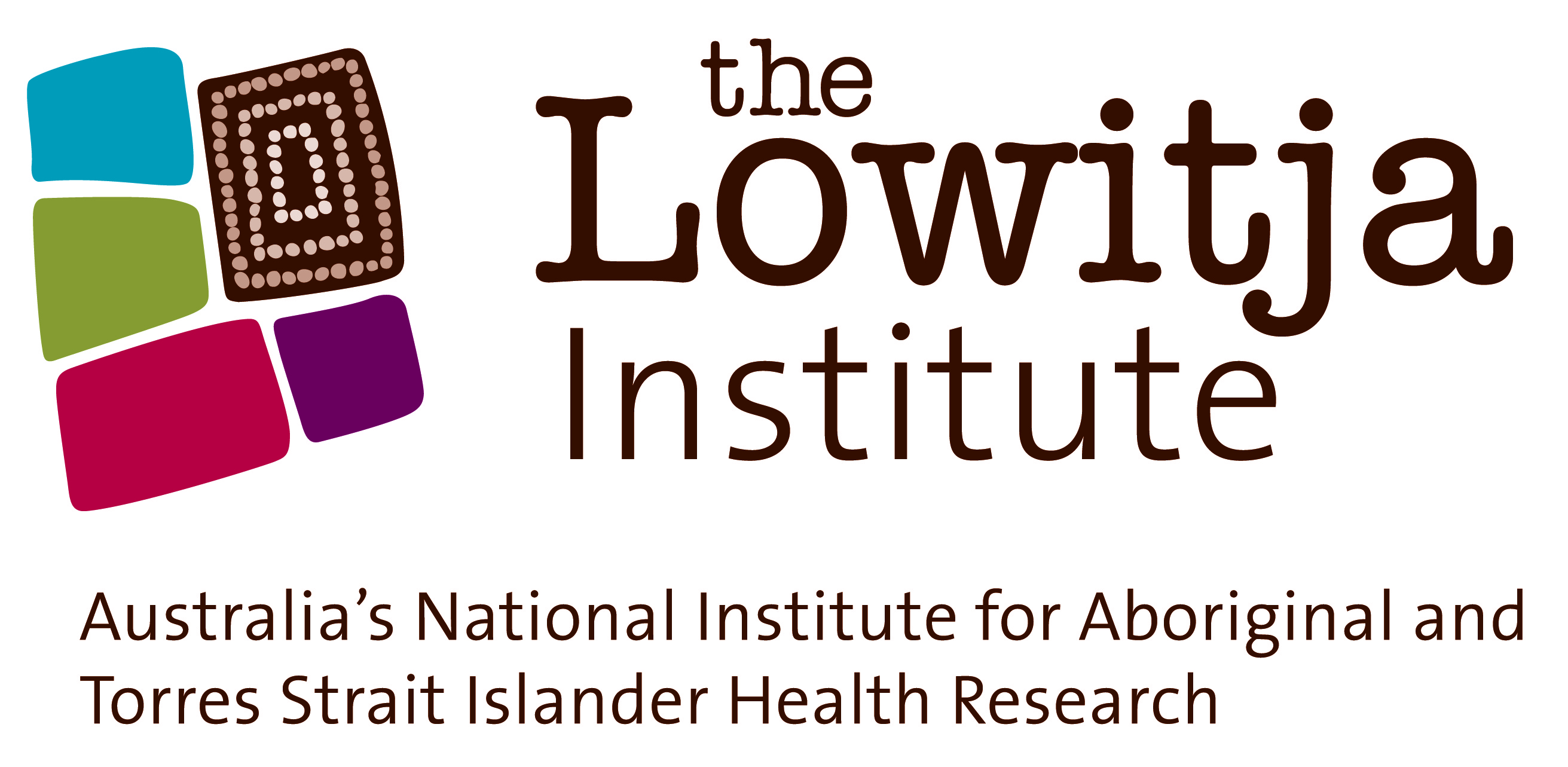Practising for when they grow up
There are many skills that are important in Yolŋu lives that children practise as they are growing. Sometimes this practise occurs during play when they are pretending and imitating and sometimes they practise these skills in reality. Family members are often actively involved in promoting these skills and at other times children practise alone or with older children.
For example, hunting and gathering remain highly valued activities for many Yolŋu and children of all ages practise making and using spears, collecting shellfish and catching fish. Developing children's knowledge about traditional foods is also important:
So the kids know, which one, which shellfish they eat and which one not to eat. The kids know, even in the bush. Yes. They know which root to eat and which one not to eat. So we teach them. And time of year... this is a mangrove worm season, black lip oyster season (Yolŋu grandmother).
Other skills that are important in every day life - such as making a fire - are often taught early. Close supervision to make sure the child is safe continues until they are assessed as competent to practise these skills with more distant monitoring then, when they are ready, independently.
From when they are toddlers, Yolŋu children often play with sticks - pretending they are spears and practising their aim. As they get older they observe and later participate in making spears with adults.
Construction of shelters is an important skill for ceremonies and also for building a quick shelter for shade when hunting or camping. In this video, a group of boys are practising these skills when playing on the beach. Yolŋu children of different ages, but usually closely related, often play together with older children teaching and supervising the younger ones.



